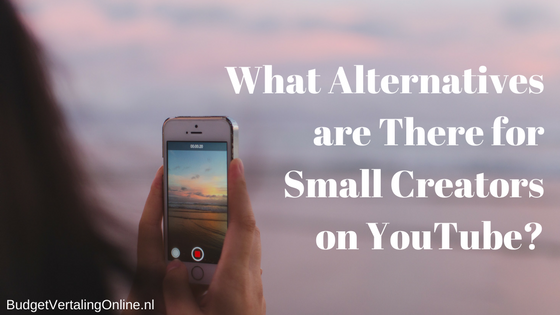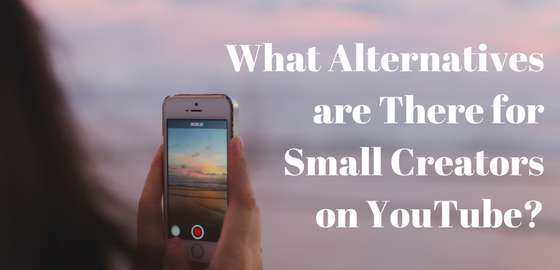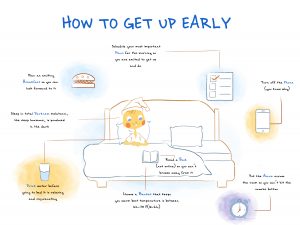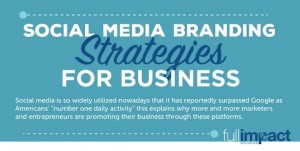— January 26, 2018
On January 16, 2018, YouTube announced major monetization changes. Creators must now accrue four thousand hours of watch time over the course of twelve months and reach a thousand subscribers to join YouTube’s Partner Program and qualify for monetization. This is a big change from the company’s previous rules that allowed any channel with ten thousand views to apply for the Partner Program. As a result, small creators are worried about their future income.
For me personally, this has consequences as well. For Meemoeder.com, my blog about lesbian events and family life, I recently started vlogging. I had already decided not to put those videos up on YouTube alone because over the past few months, I had seen many videos in the LGBT community claiming that YouTube’s policy changes did much damage to our community specifically. For example, Bria and Chrissy have discussed this in their videos ‘YOUTUBE HATES LGBT PEOPLE!? (The Truth: RESTRICTED MODE)’ and ‘QUITTING YOUTUBE!’ I chose to upload those videos on Facebook as well just to be safe. The requirement of ten thousand views was already a big challenge for me as a starting vlogger but the new requirements make the partner program seem completely out of reach.
However, Facebook does not offer a partner program as YouTube does, allowing you to make money from the content you create. What other video platforms are there and how can you make money by posting videos on them? This blog lists ten alternatives and answers if you can make money using those alternatives.

Best alternatives to YouTube
Hammad Baig has listed the ten best sites like YouTube from a viewer’s point of view, so I examined the list from a creator’s point of view: can you make money on these platforms by uploading videos?
1. Dailymotion
Dailymotion is the second-best option you have at your fingertips to start viewing content on a daily basis. Since it features nearly the same layout and provides the same video categories as YouTube, users will get accustomed to using Dailymotion immediately. Unfortunately, HD quality uploads are limited to pro users and there is a 4GB video limit. This can actually be bad for those who want to upload comprehensive videos for educational purposes. Dailymotion is not popular in the U.S. but it has accumulated quite a reach in Europe. Dailymotion has a partner program similar to the partner program of YouTube.
2. Vimeo
Vimeo encourages classy filmmakers to show off their work. The best part is that when you are viewing a video, there are less distracting elements in the background to divert your attention away from the juicy bits of the clip. As a result, you will be focusing on nothing but the video. There is a 500MB weekly upload limit, which can be upgraded to 5GB. Still, 5GB is peanuts to the amount of content being uploaded to YouTube every day. Vimeo allows you to start selling your videos but my guess is this is intended more for filmmakers than it is for vloggers.
3. Metacafe
Metacafe has a 90-second limit on its videos, making it more appealing as a community-based YouTube substitute than an actual content streamer’s delight. It might not come close to its competitors in garnering the total number of views but if you are looking for a ‘no-nonsense’ experience, there is no reason why you should not choose Metacafe. Metacafe does not openly ask for partners but after some research, I found that there is a way to become a partner. There is no transparency regarding the contents of this program though.
4. Vevo
If you love music videos, then Vevo will deliver to you fast, hard, and swiftly with an endless supply of music videos. Unfortunately, it does not present diversified content like YouTube. Also, unless you are an artist, this platform offers you no upload opportunities.
5. Twitch
Twitch quickly became a favorite for viewers and content uploaders who love gaming videos. It is ideal for viewing ‘live broadcasting’ videos but its popularity is very pale as opposed to YouTube. Twitch has a partner program for “video game broadcasters, personalities, leagues, teams, and tournaments.”
6. The Internet Archive
The Internet Archive works like a storage platform; it is part of the WayBack Machine and houses much content from back when there were few content uploaders and viewers. If you want to watch documentaries, TV series, movies, and much more, this is the right place for you. As it is a 501(c)(3) non-profit, it offers no partner program.
7. 9Gag TV
If you are on Facebook and Twitter, you have probably come across the 9Gag brand. The channel provides copious amounts of entertainment in the form of images, GIFs, memes, and so much more. 9Gag TV is a section that houses an abundant level of videos, even though some of them are NSFW. There does not seem to be a partner program.
8. Veoh
Veoh provides a clean interface and you can upload any video of any length. In addition, it has many social features, which will allow you to start sharing your content amongst friends and other people. If they like your content, your popularity will increase exponentially. If your site or service generates more than 1 million page views a month, you may qualify for a strategic Veoh partnership.
9. Flickr
Flicker also allows you to upload content in the form of videos, even though it is in a very limited capacity. Flickr offers a free account but it is limited to uploading videos with a time limit of just 90 seconds. There does not seem to be a partner program.
10. Photobucket
Photobucket is similar to Flickr but presents more options to users. It hosts a very impressive repository of user-generated videos. Still, it will take time for Photobucket to provide a higher collection of content and in a broader capacity. There does not seem to be a partner program.
Monetizing your videos
Monetizing your videos as a small creator is still possible but you will have to change platforms. While writing this blog, I have decided to give Dailymotion a shot as its partner program seems straightforward. I hope it does not treat the LGBT community the same way YouTube treats us.
Digital sharecropping
Still, while writing this article, I kept thinking about the blog I wrote about digital sharecropping. I wrote the blog Why Should an Entrepreneur Watch Out for Digital Sharecropping? in November 2015 but with these recent YouTube (and Facebook!) changes, it is still highly relevant. Basically, you should not have your entire income depend on a platform that is not yours as you hardly have any rights and policies can change quickly. This blog explains what you can and should do.
Digital & Social Articles on Business 2 Community
(41)









